Paradox definition & examples

Dictionary Definitions
According to Cambridge Dictionary, a paradox is a statement or situation that may be true but seems impossible or difficult to understand because it contains two opposite facts or characteristics
Unpacking a dictionary definition to an actual usage, we can have four different ways of using the word paradox:
- a statement that is made up of opposites and sounds or seems impossible, but upon further reflection is not and could be true
- a self-contradictory and false proposition, also known as a logical paradox
- referring to a person who exhibits contradictory behaviour
- an opinion or statement contrary to commonly accepted opinion.
Paradox Etymology
The Greek term paradoxon means ‘of conflicting expectations’:
para- : prior to, contrary to, distinct from; also beyond something
doxa : opinion, belief1
So a paradox is something that is beyond common beliefs, or contrary to established opinions. A paradox is not necessarily an inherent contradiction; it has to do with belief and justification – it is in this sense that ‘paradox’ is used on this website (most of the time).
Paradox examples
The aim of this website is of course to give examples of paradoxes, but some common ones should illustrate the definition as well. The most common one, perhaps, is by the English Romantic Wordsworth: “The child is father of the man.” The obvious paradox here is the reversal of roles between a father and a child – it is commonly the father who bears children, not the other way around, as this statement would suggest. Wordsworth’s use of a paradox as a literary device is to show how the experience of youth shapes the eventual outcome of man: thus, the child bears the father.
Another well-known example is the triad of Orwellian dicta: ‘War is Peace’; ‘Freedom is Slavery’; ‘Ignorance is Strength’ – though Orwell deserves, and will very likely get, a post of his own, there is an unmistakable presence of contradictory notions, which somehow on a perverse level make sense.

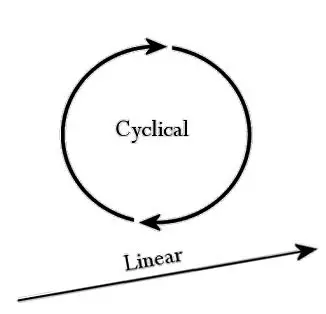
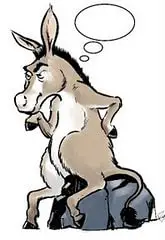


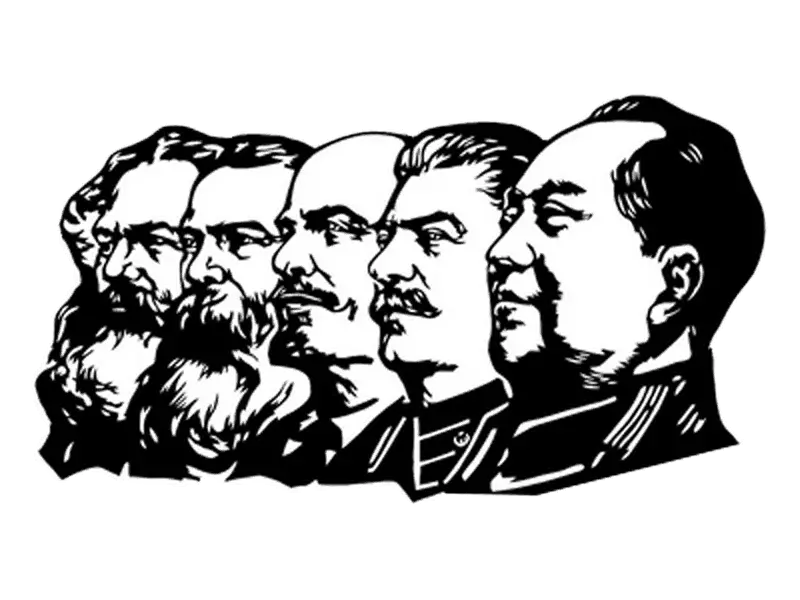
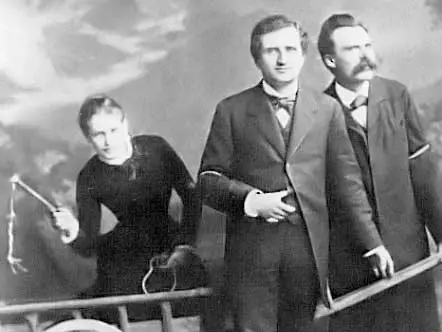
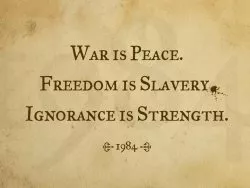

1 Response
[…] In case you are unfamiliar with what precisely a paradox is, here is a brief explanation. A paradox is a seemingly contradictory statement that is contrary to established opinions and beliefs. Particularly in literature, it is used as a rhetorical device to emphasise the impossibility of a particular emotion or feeling that nevertheless captures the audience. You can find a more detailed explanation, including etymology, in one of my previous posts. […]